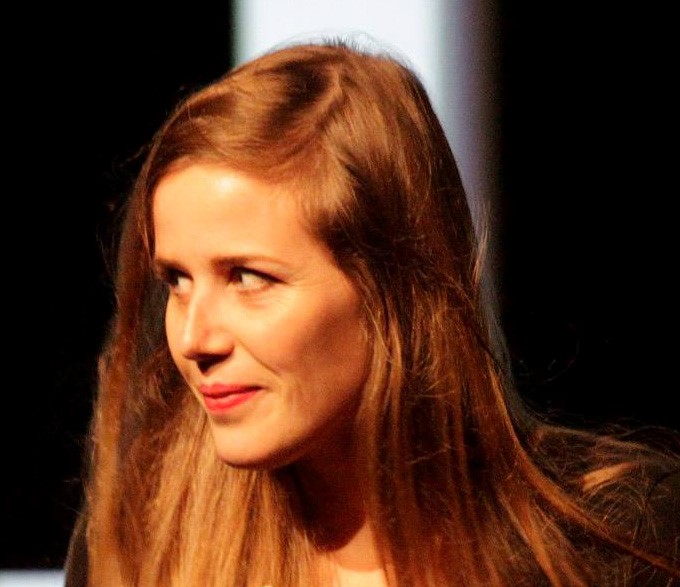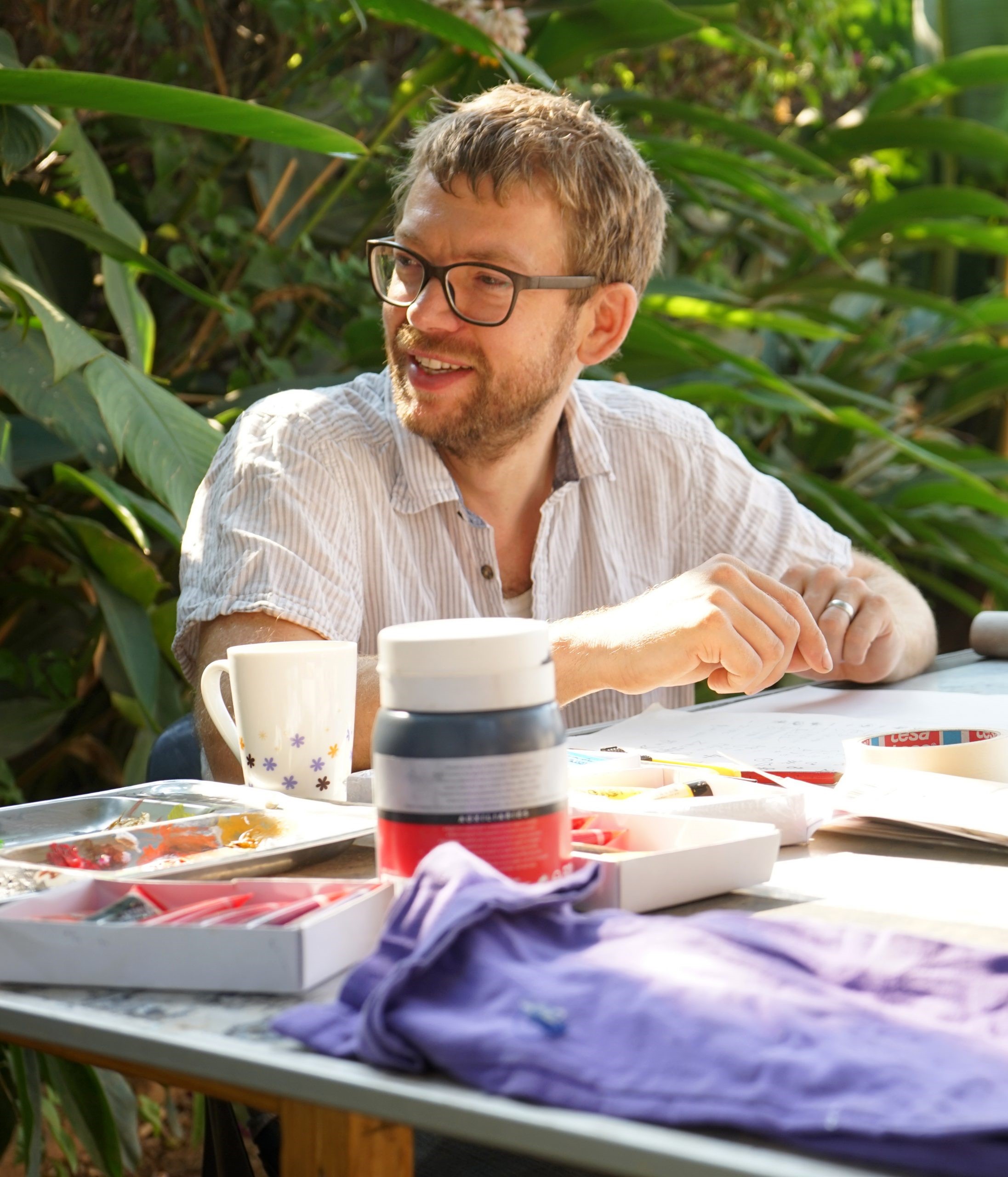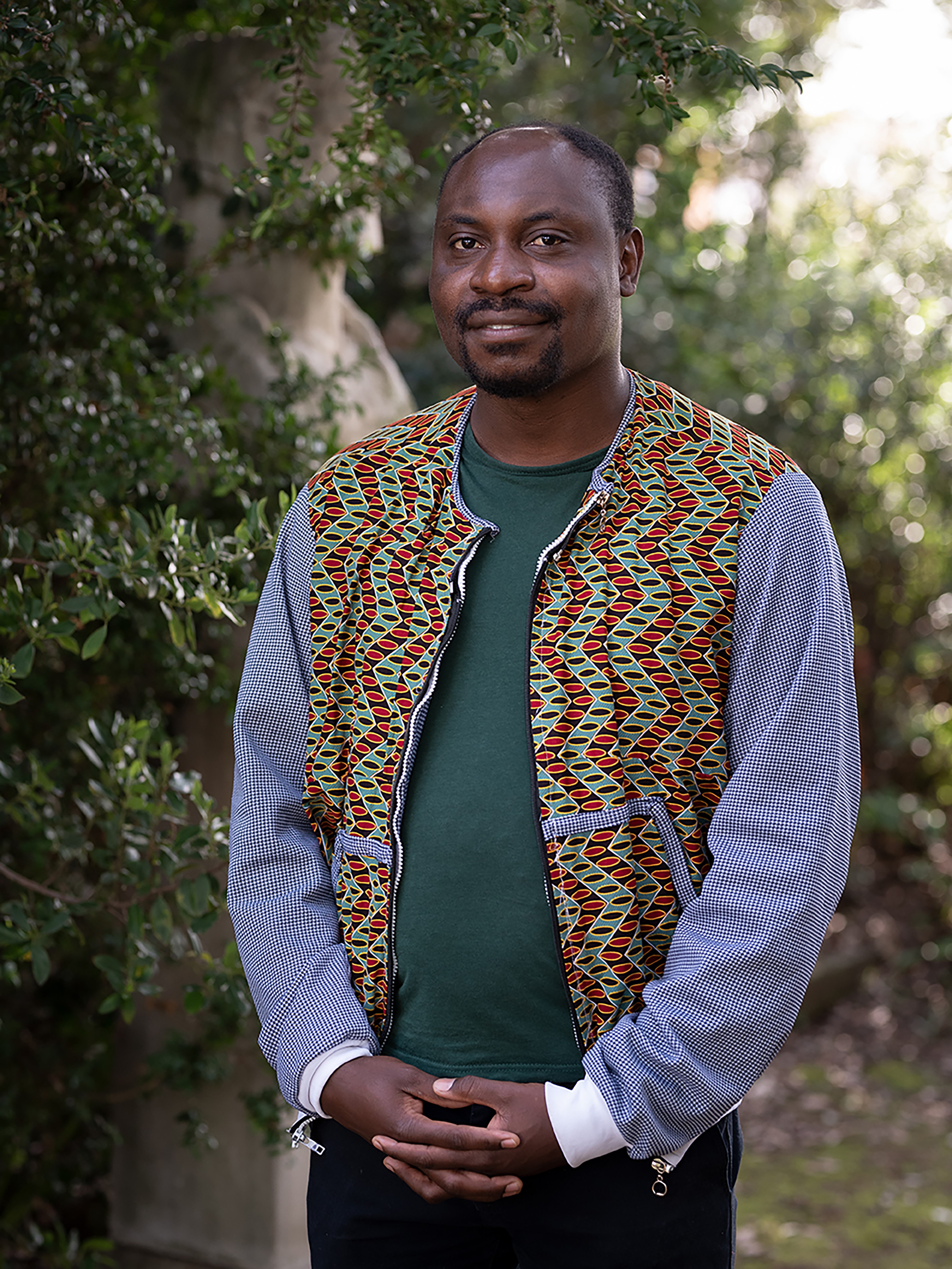Breadcrumb
- Home
- Event
- Charging myths
Ⓒ Pauline Sesniac
Charging Myths
The More-Than-Human Encounters event at Framer Framed revolves around the exhibition Charging Myths, which takes the recent run on lithium in Congo as a starting point to delve into technological, social, and mythical dimensions across global extractive chains. During the event, artists and members of the collective On-Trade-Off Femke Herregraven, Maarten Vanden Eynde, Jean Katambayi Mukendi and Georges Senga will partake in a dialogue on the evolving narratives and counter-narratives surrounding extractive practices in Manono. Keeping an eye on the human and more-than-human connections that are drawn from the mined landscape of Manono, the artists engage with a question central to their collective practice: how is technological innovation dependent on natural resources?
OTHER EVENTS IN THIS SERIES
5 May: Less-than-Human
7 June: Everybody is in need of care
14 October: Things we know we will never know
Femke Herregraven (1982, NL) investigates which material base, geographies, and value systems are carved out by financial technologies and infrastructures. Her work focuses on the effects of abstract value systems on historiography and individual lives. This research is the basis for the conception of new characters, stories, objects, sculptures, sound, and mixed-media installations. Her current work focuses on the financialization of the future as a ‘catastrophe’ and uses language, the voice, and the respiratory system to examine these monetized speculative catastrophes within our social, biological, and technological ecosystems. She is an alumnus of the Rijksakademie van beeldende kunsten in Amsterdam (2017–2018). In 2016, she collaborated with Dutch investigative journalist on the Panama Papers. In 2019, she was nominated for the Prix de Rome. She is currently a Creator Doctus (practice-based PhD) candidate at Sandberg Instituut (2020–2023).

Maarten Vanden Eynde (1977, BE) is an artist and co-founder of Enough Room for Space. He graduated in 2000 from the free media department at the Gerrit Rietveld Academy in Amsterdam (NL), participated in 2006 in the experimental MSA^ Mountain School of Arts in Los Angeles (US) and finished a postgraduate course in 2009 at HISK in Ghent (BE) where he is a regular guest tutor. His practice is embedded in long term research projects that focus on numerous subjects of social and political relevance such as post-industrialism, capitalism and ecology. His work is situated exactly on the borderline between the past and the future; sometimes looking forward to the future of yesterday, sometimes looking back to the history of tomorrow. Currently he is investigating the influence of transatlantic trade of pivotal materials like rubber, oil, ivory, copper, cotton and uranium, on evolution and progress, the creation of nations and other global power structures. Since 2020 he is a PhD candidate at the UiB / University of Bergen in Norway.

Georges Senga (1983, Lubumbashi, DRC) is a photographer. He develops his photographic work around history and the narratives revealed by "memory, identity and heritage", illuminating our actions and the present. Three of his projects explore memory, looking for the resonances that people, their facts and their objects leave behind, and the resilience of memory in his country, Congo. Georges Senga is part of the artistic dynamic of the city of Lubumbashi at the Picha art centre in DR Congo and at the Photo Market and Phototools workshop in Johannesburg, South Africa. His work has been exhibited internationally in institutions; in 2021 he developed a project at the Villa Medici.

Er zijn nog geen foto's toegevoegd voor dit event.
